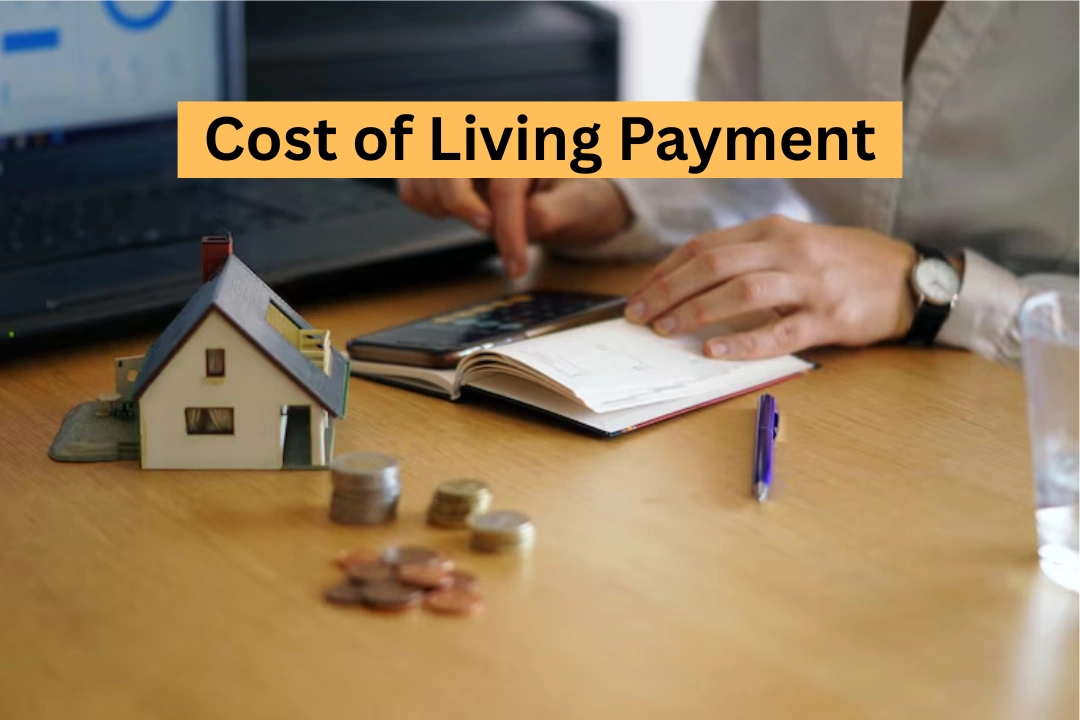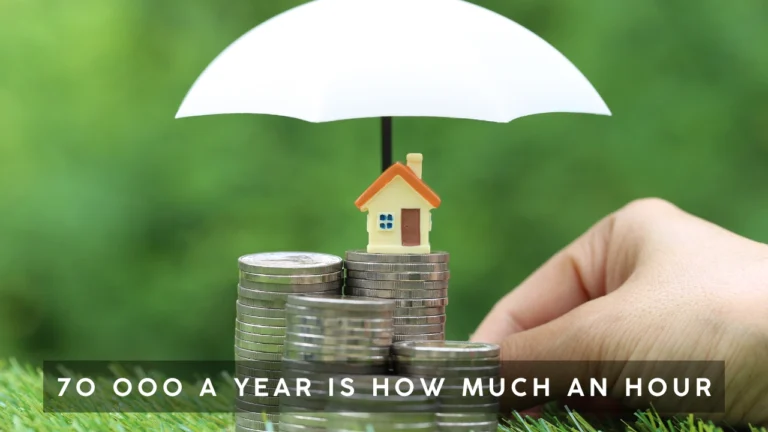The Essential Guide to the Cost of Living Payment: Your Key to Financial Support
The Cost of Living Payment is a crucial initiative by the UK government aimed at providing financial relief to households struggling with rising living costs. Designed to ease the burden on those most in need, this payment is automatically provided to individuals who meet specific eligibility criteria, ensuring that financial support reaches the right people without unnecessary delays or complicated applications. Whether you’re receiving benefits like Universal Credit or Pension Credit, understanding how the Cost of Living works can help you access the support you deserve during challenging times.
Understanding the Cost of Living Payment
The Cost of Living is a financial support initiative by the UK government designed to assist households receiving certain benefits or tax credits. These payments are made automatically, ensuring that eligible individuals receive support without the need for additional applications. It’s crucial to note that these payments are non-taxable and do not affect existing benefit entitlements
Eligibility Criteria
To qualify for the Cost of Living, you must be receiving certain means-tested benefits or tax credits during the qualifying period. These benefits include Universal Credit, Income-based Jobseeker’s Allowance (JSA), Income-related Employment and Support Allowance (ESA), Income Support, Working Tax Credit, Child Tax Credit, and Pension Credit. The payment is made automatically if you meet the eligibility criteria, so there’s no need to apply separately. However, you must ensure that your details are up to date with the relevant authorities to avoid missing out on any payments.
- Universal Credit
- Income-based Jobseeker’s Allowance (JSA)
- Income-related Employment and Support Allowance (ESA)
- Income Support
- Working Tax Credit
- Child Tax Credit
- Pension Credit
For instance, to qualify for the £301 payment, individuals needed to be entitled to one of the above benefits between 26 January 2023 and 25 February 2023. Similar qualifying periods apply to subsequent payments.
Payment Schedule and Amounts

The Cost of Living Payment was distributed in three installments during the 2023–2024 period:
| Payment Amount | Qualifying Period | Payment Dates |
|---|---|---|
| £301 | 26 Jan 2023 – 25 Feb 2023 | 25 Apr – 17 May 2023 |
| £300 | 18 Aug 2023 – 17 Sep 2023 | 31 Oct – 19 Nov 2023 |
| £299 | 13 Nov 2023 – 12 Dec 2023 | 6 Feb – 22 Feb 2024 |
These payments were made automatically to eligible individuals. It’s essential to ensure that your bank details are up-to-date with the relevant authorities to avoid any payment issues.
Additional Support Measures
Beyond the Cost of Living, the UK government has introduced other support mechanisms:
- Disability Cost of Living Payment: A one-off £150 payment for individuals receiving certain disability benefits.
- Pensioner Cost of Living Payment: An additional £300 payment for households entitled to the Winter Fuel Payment.
These supplementary payments aim to provide targeted support to vulnerable groups within the population .
Reporting Missing Payments
If you believe you are eligible for the Cost of Living but have not received it, the first step is to check your bank account for any payments labeled as DWP Cost of Living. Payments are typically processed directly into your bank account, so reviewing your bank statements is an essential step. If you still haven’t received the payment after confirming eligibility, it’s important to report the issue to the Department for Work and Pensions (DWP). You can do this through the official channels provided by the government.
Future of the Cost of Living Payment
As of May 2025, the UK government has concluded the Cost of Living scheme, with no plans to extend it beyond Spring 2024. The final payment of £299 was issued between 6 and 22 February 2024 for eligible recipients of certain benefits and tax credits . While this particular support measure has ended, the government continues to provide assistance through other channels. It’s important to note that while the Cost of Living scheme has ended, other support measures are in place to assist those in need. Individuals are encouraged to stay informed about available resources and to reach out to local authorities or relevant agencies for guidance on accessing support.
Seeking Further Assistance
Several organizations offer guidance and support for individuals navigating financial challenges:
- Citizens Advice: Provides free, confidential advice on various issues, including benefits and financial support.
- Turn2us: Offers a benefits calculator and information on grants and support services.
- Entitledto: Provides tools to check benefit entitlements and potential support options.
Engaging with these organizations can offer clarity and assistance in accessing the support you’re entitled to.
Conclusion
The Cost of Living has been a vital lifeline for many individuals and families facing financial challenges in recent years. By providing direct financial support to those receiving specific benefits, the UK government aimed to alleviate some of the pressure caused by rising living costs. While the scheme has concluded, there are still other avenues of support, such as the Household Support Fund, to help those in need. It’s important to stay informed about the various forms of assistance available and to ensure that you are receiving all the help you’re entitled to.




